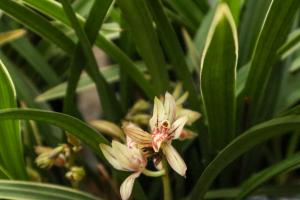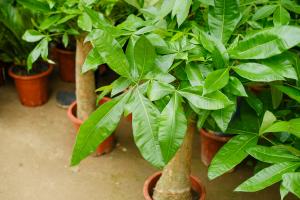Does Purified Water Hurt Plants?
Purified water is water that has been treated to remove impurities and contaminants. While it is a popular choice for drinking water, many people wonder whether using purified water to water plants is harmful. So, the question arises - does purified water hurt plants?
The Pros of Using Purified Water for Plants
There are several advantages of using purified water for plants. Firstly, purified water is free of harsh chemicals such as chlorine, chloramine, and fluoride, which are commonly found in tap water. These chemicals can be harmful to the delicate ecosystem of plants, particularly if used frequently. Using purified water, therefore, reduces the risk of chemical exposure to plants, which in turn promotes good plant health.
Purified water is also free of heavy metals and minerals that can accumulate in soil and harm plants over time. Excessive minerals such as calcium, magnesium, and sodium can cause soil to become alkaline, which can create a hostile environment for plants. Purified water can help prevent soil buildup and maintain the ideal pH level for plants to grow and thrive.
The Cons of Using Purified Water for Plants
Despite the benefits of using purified water for plants, there are some potential drawbacks to consider. Firstly, purified water lacks the essential minerals and nutrients that plants need to grow. Tap water typically contains these essential elements, including calcium, magnesium, and potassium, which are essential for plant growth and development.
A lack of minerals in purified water can cause plants to become weak and stunted, with poor root development and low yields. Using purified water may, therefore, not be the best choice for plants that require high nutrient intake.
What to Consider Before Using Purified Water for Plants
When deciding whether to use purified water for plants, it is essential to consider the type of plant being grown and its nutrient requirements. Some plants may thrive better when watered with purified water, while others may require tap water due to their high nutrient needs.
Another factor to consider is the source of the purified water. Water from reverse osmosis or carbon filtration may be ideal for plants, while distilled water may be too pure and lacking in essential minerals. Always check the label before using purified water to ensure that it is suitable for plants.
Conclusion
Overall, purified water can be beneficial for plants when used correctly. While it lacks the essential minerals that plants need, it is free from harmful chemicals and can help maintain healthy soil. However, it is essential to consider the specific needs of plants and use purified water sparingly to prevent nutrient deficiencies.

 how many times do yo...
how many times do yo... how many planted tre...
how many planted tre... how many pine trees ...
how many pine trees ... how many pecan trees...
how many pecan trees... how many plants comp...
how many plants comp... how many plants can ...
how many plants can ... how many plants and ...
how many plants and ... how many pepper plan...
how many pepper plan...
































